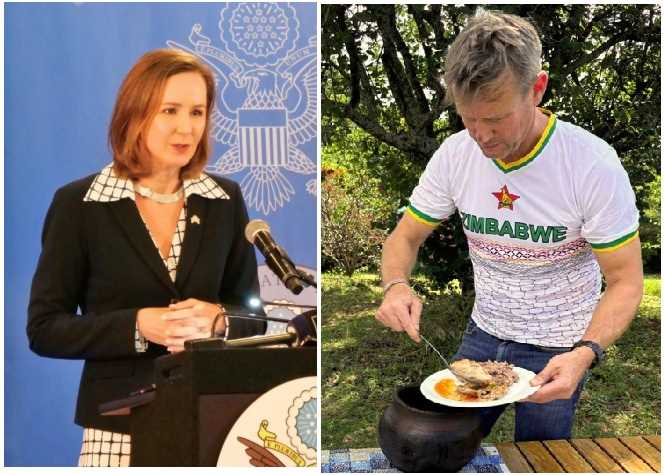
Monica Cheru- managing editor
In the Zimbabwean diplomatic kitchen, UK Ambassador Peter Vowles is whipping up sadza plates, along with five-star trade recipes, and Zimbabweans love him to bits. Meanwhile, his US counterpart, Pamela Tremont, continues to ladle out the same mbodza of threats and lectures, and it is becoming increasingly obvious that the thin, undercooked offerings are not nourishing anyone.
Yes, it’s an opinion. But the numbers—and the diplomatic textures—don’t lie.
Recent UK-Zimbabwe trade figures show a steep surge, with bilateral trade up nearly 77%, driven by pragmatic engagement and developmental partnerships. It is undeniable that Vowles, often seen dishing sadza or preparing Zimbabwean meals in his backyard, has quietly stirred diplomatic goodwill into tangible results.
Across town, Tremont remains stuck on page one of Washington’s tired Africa playbook: sanctions, scolding, tariffs, and selective silence on economic cooperation. Her statements still carry the self-righteous tone of a colonial administrator rather than the tact of a 21st-century envoy. While others are evolving, the US remains trapped in a time capsule of megaphone diplomacy.
Why compare the two?
To fully appreciate why the two ambassadors and their countries are being made to stand side by side and compared, one must rewind to the origins of Zimbabwe’s strained ties with the West.
When Zimbabwe launched its fast-track land reform program in the early 2000s, it was the United Kingdom that had the most direct stake—and the most immediate discomfort.
As the former colonial power, it inherited the moral, historical, and financial questions surrounding land ownership and compensation. The dispossessed white commercial farmers were largely of British heritage. If anyone had cause to be aggrieved, it was Britain.
And for a time, it showed.
But over the years, the UK—perhaps out of pragmatic fatigue or post-Brexit recalibration—began shifting its stance. Today, London has moved from recrimination to re-engagement: verbally prioritizing trade, green investment, youth development, and clean energy. The result? Rising trade figures and improved sentiment.
The United States, by contrast, has dug in.
Despite being a bystander in the land reform saga and even actually trading with Zimbabwe, Washington has led the sanctions choir with zeal. It has kept Zimbabwe on its blacklist for over two decades, reissuing executive orders with monotonous regularity and moral indignation. It is a case of crying louder than the bereaved—a posture as perplexing as it is patronizing.
And now, in a multipolar world where Africans have more options than ever, that outdated approach is becoming not just ineffective but increasingly insulting.
Add Donald Trump’s truncation of the aid stick, and Washington is increasingly left with thunder but very little lightning to coerce Zimbabwe into its choir.
Related Stories
Meanwhile, they are clearly hungry for access to Zimbabwe’s natural resources and would consider colonization of Zimbabwe a diplomatic coup over their current biggest geopolitical rival, China. But instead of a more strategic approach, Tremont clearly has her marching orders cast in stone: Flog the dead horse until it rears up and gallops off.
Diplomatic Dishes: Vowles vs Tremont at the Zimbabwe Table
| Ingredient | UK Ambassador Peter Vowles | US Ambassador Pamela Tremont |
|---|---|---|
| Tone | Respectful, affable, collaborative | Patronising, combative, didactic |
| Public Persona | Cooks local dishes, engages community, warm humour | Rare public appearances, cold officialdom |
| Trade Approach | Facilitation & promotion of bilateral trade | Sanctions, minimal trade focus |
| Signature Programmes | Farmer support, clean energy, education, investment | Aid conditionalities, governance lectures |
| Public Sentiment | Viewed as a friend and ally | Viewed with suspicion and fatigue |
| Policy Style | Listen first, act second | Lecture first, exit stage left |
| Geopolitical Adaptation | Navigating multipolar shifts with tact | Clinging to unipolar dominance |
| Results | UK-Zim trade surges (+77% in 2024–25) | No notable trade movement; sanctions still dominate |
Human Rights Hypocrisy: What the US preaches vs what they practice
To understand why many Africans now roll their eyes when the US pontificates about “human rights,” look no further than its own record. Tremont, who claims to care about the lives of ordinary Zimbabweans, presided over the whisking away of Eric Kimpton to avoid facing due legal process after he ran over and killed 11-year-old Ruvarashe Takamhanya in Dema.
While Washington lectures Zimbabwe and others on democracy, due process, and civilian protection, its global and domestic track record often tells a different story.
Here’s a side-by-side reality check:
| U.S. Rhetoric | Actions |
|---|---|
| Champion of human rights | Maintains Guantánamo Bay, with indefinite detentions and torture—despite global outrage. |
| Oversaw Abu Ghraib and Bagram abuses: torture, deaths, and forced confessions. | |
| Protector of civilian lives in war | Killed over 1,600 civilians in Raqqa alone under airstrikes branded “surgical.” |
| Beacon of racial justice | Enduring systemic racism: police killings, mass incarceration, and voter suppression—especially of Black Americans. |
| Upholder of due process | Detains thousands in immigration centers, with documented abuse of pregnant women and children. |
| Defender of press freedom | Prosecutes whistleblowers (e.g., Assange, Snowden), surveils journalists, and weaponizes “foreign agent” laws selectively. |
| Critic of authoritarianism | Supports autocratic allies: sells arms to Saudi Arabia post-Khashoggi murder; defends Israel despite Gaza atrocities. |
| Global guardian of democracy | Toppled elected governments in Libya, Honduras, and Iran (1953) and backed authoritarian regimes in Indonesia, Egypt, and beyond. |
This isn’t whataboutism—it’s what is.
The new era requires a new etiquette
It’s 2025, not 2003. Zimbabwe, like much of Africa, is engaging China, Türkiye, the UAE, and India—not out of defiance, but out of choice. And while none of these partners are perfect, they engage in a diplomacy that’s generally devoid of the sneering condescension too often embedded in US posturing.
If Washington truly wants to “rebuild trust” on the continent—and access Zimbabwe's mineral resources—it must begin with honest self-reflection and a humility reset. Africans are no longer audiences for Western lectures. We are authors of our own futures.
So here’s the recipe, Ambassador Tremont :
Reduce arrogance. Add a dash of authenticity. Pour in substance.
Because the Zimbabwe that your country put under sanctions, imagining that it would break, is no longer at your mercy. It has options. And it is choosing—who to dine with, who to trade with, and who to take seriously.










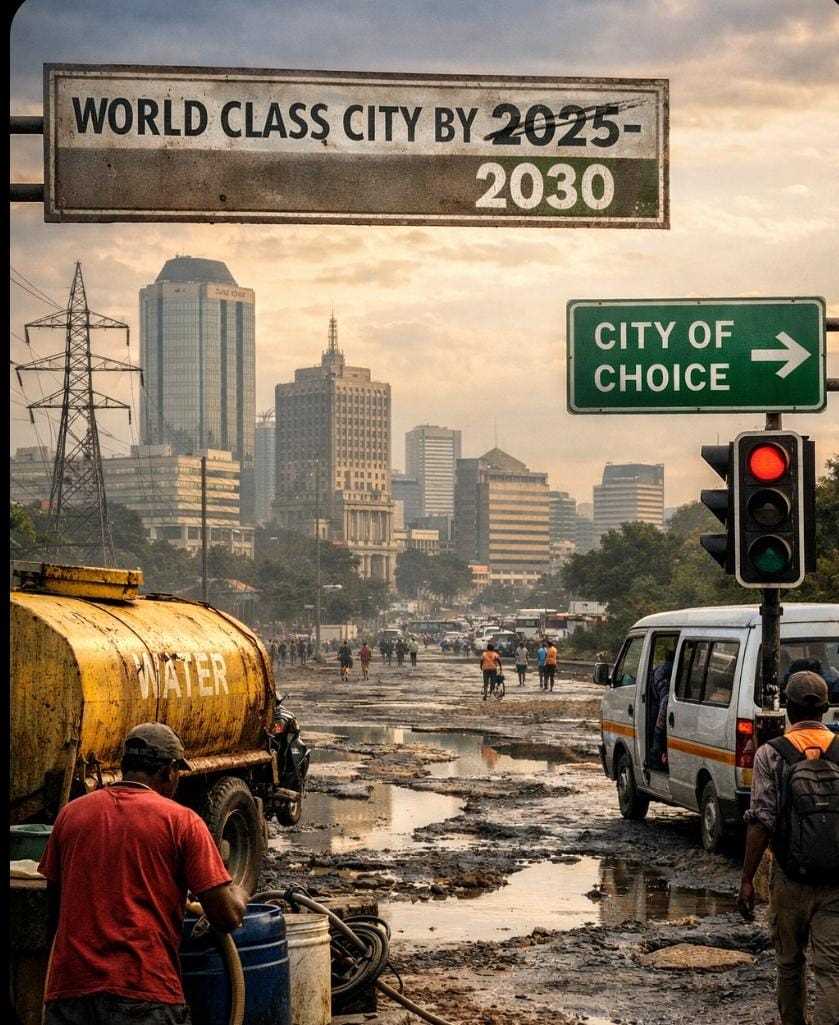

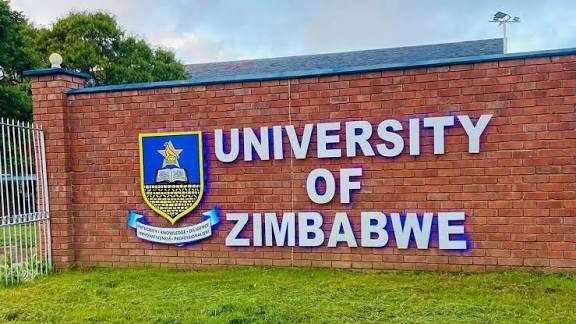


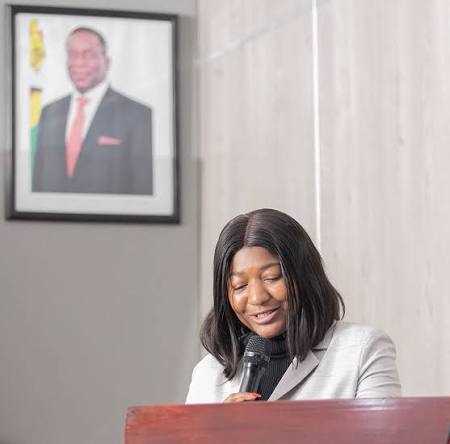
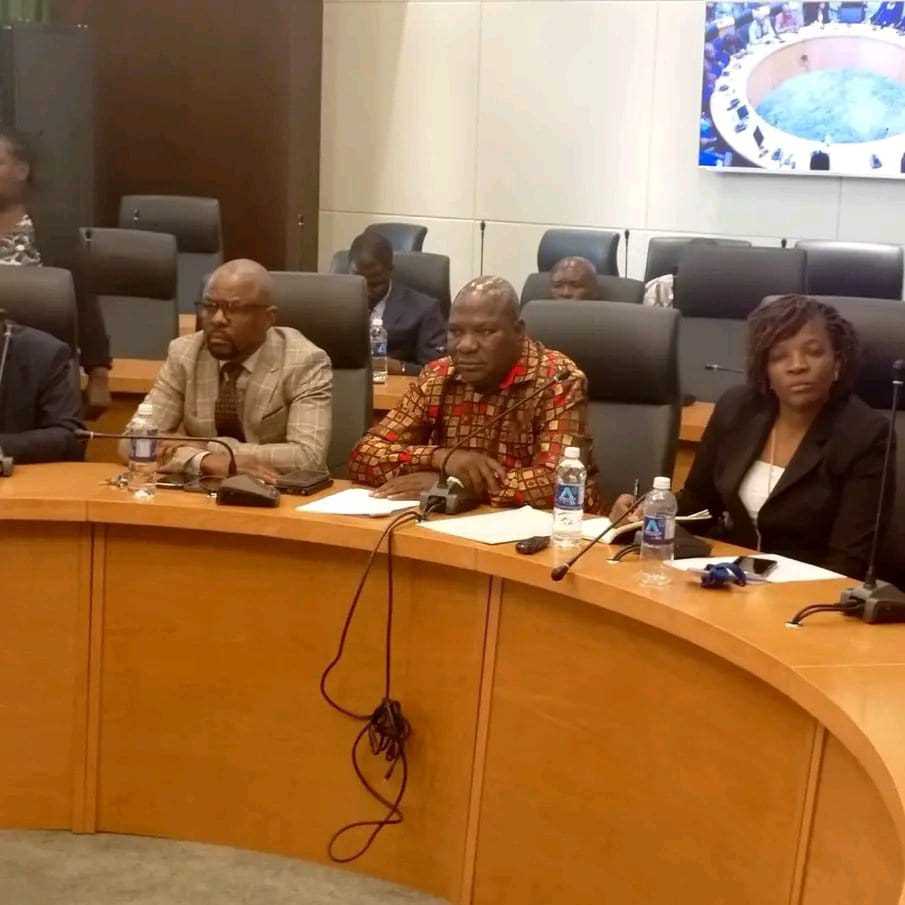



Leave Comments